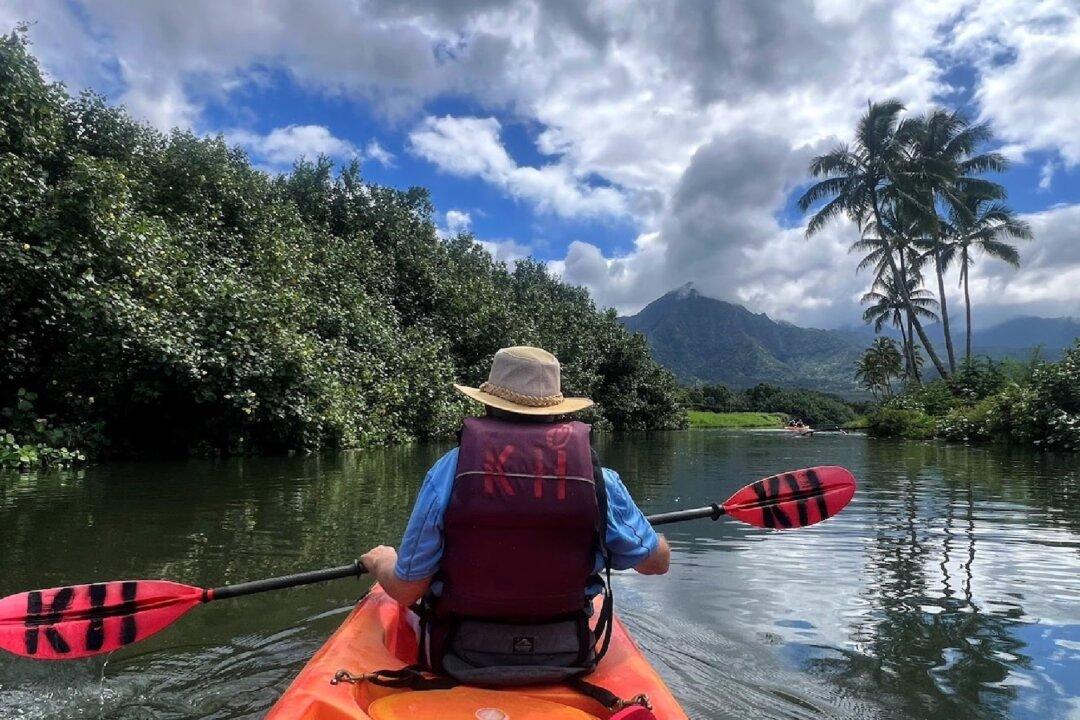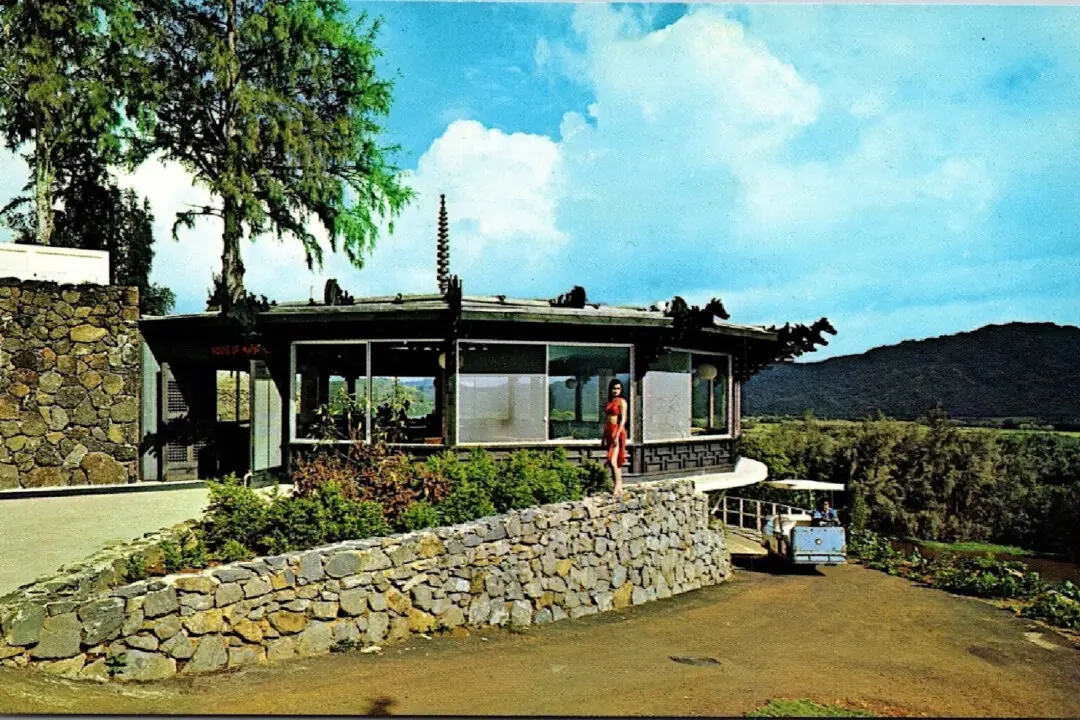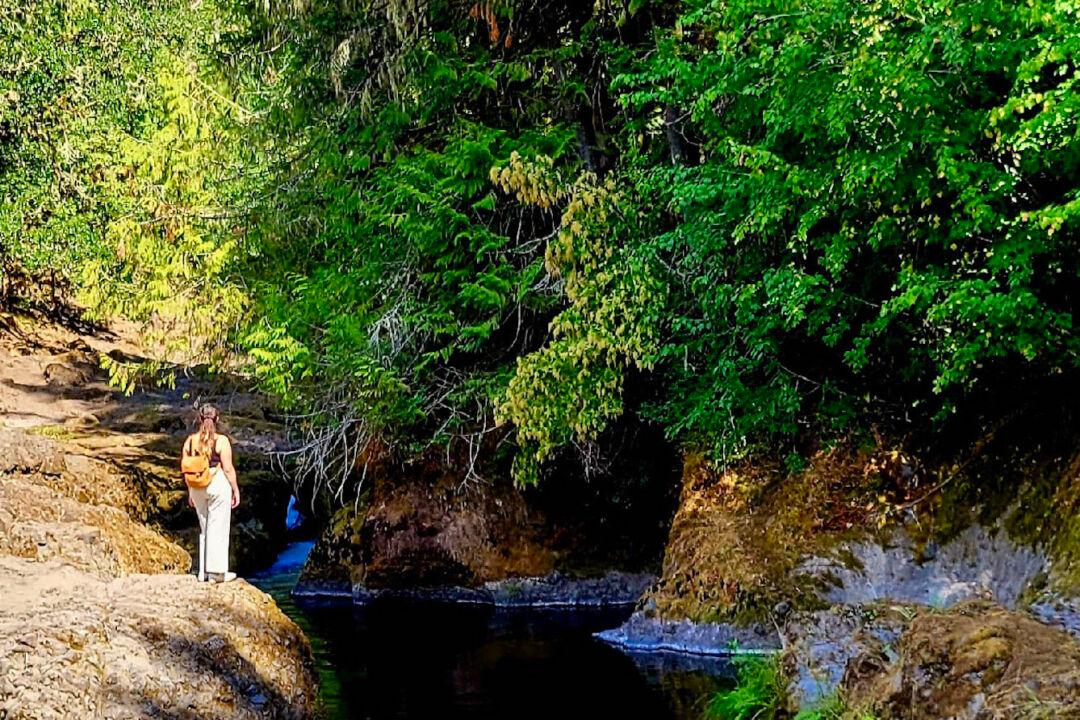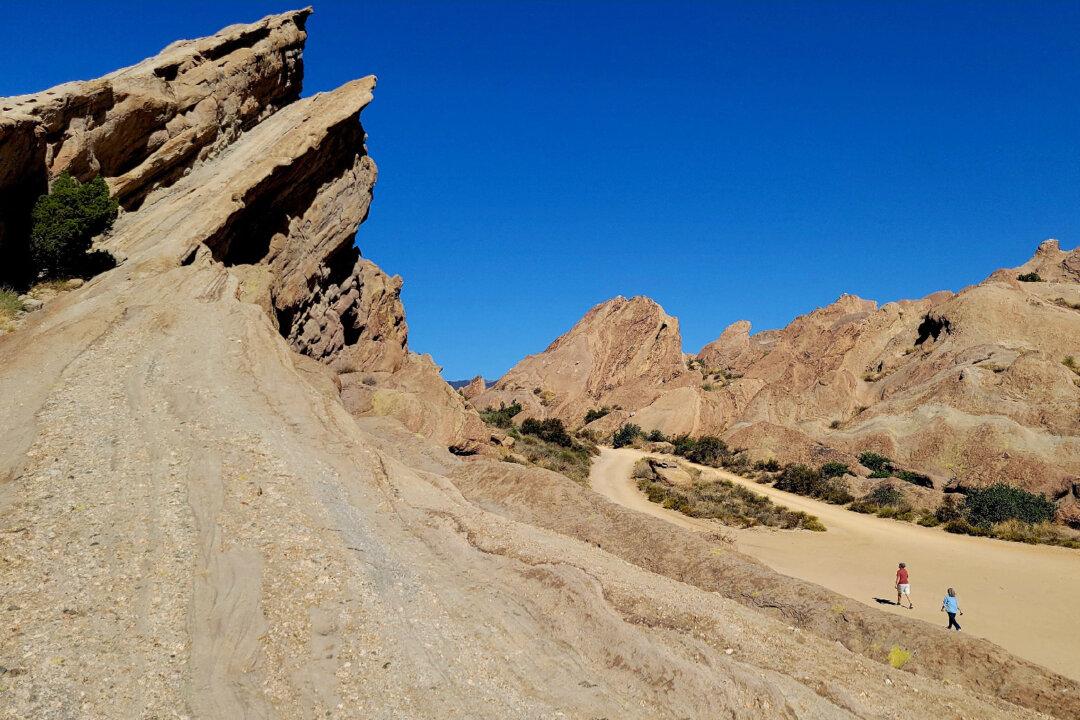For more than three decades, Mainly Mozart and its annual festivals of all-star musicians and soloists remained San Diego’s best-kept secret. It took a disaster to change that. Throughout the darkest months of the COVID-19 pandemic, while other performing arts organizations were in duck-and-cover mode, Mainly Mozart made the heroic commitment to keeping live classical music alive.
And in doing so, ironically, for the first time, they gained national attention.
It was an improbable story of survival, ingenuity, and an ample dose of chutzpah that began on July 11, 2020, in a dusty parking lot and climaxed on June 20, 2021, as a capacity post-COVID-restrictions audience gathered on a vast grassy field to celebrate the finale of a five-day festival conducted by Mainly Mozart’s music director, Michael Francis.





